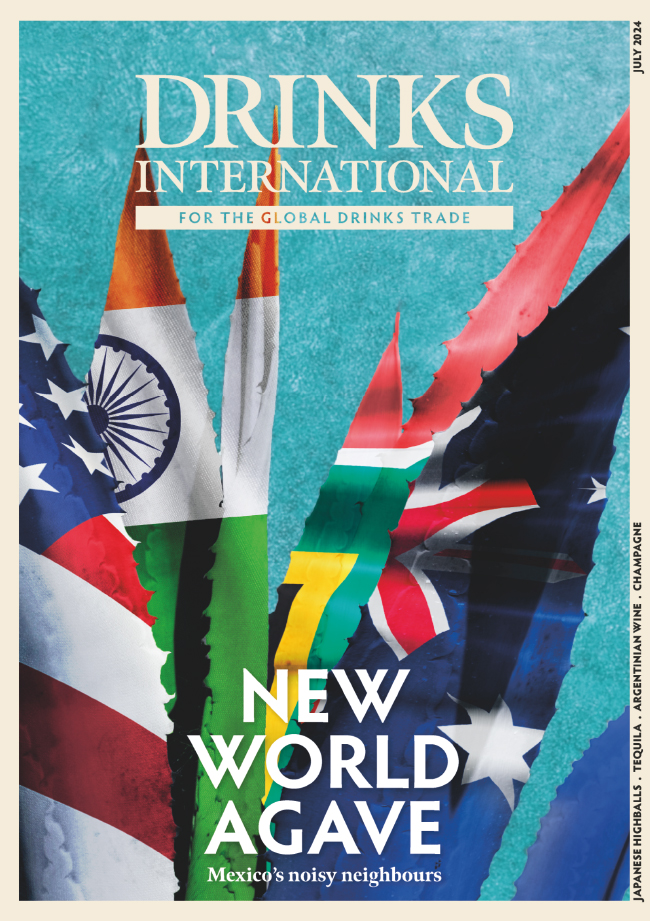The product has been eight years in the making and includes 14 botanicals. The team behind the product took 38 attempts to get the botanical mix right.
The gin was launched last week in the US and its only UK listing is currently in Quo Vadis restaurant, Soho, London. Roll out is scheduled for Edinburgh, New York and travel retail.
The bespoke still produces 120 bottles per batch (240 bottles per day) and a major advantage of cold distillation is that there are no heads or tails - so less wastage than traditional distillation methods. On the downside, the process is costly. Just how expensive, global marketing manager Raquel Faria wouldn't say.
She did say this: "Our ambition was to produce an exceptional tasting, ultra premium gin with no compromises - a gin that marries authenticity and craftsmanship with innovation and technology. Oxley is a luxury gin and a first for spirit connoisseurs."
The ultra premium nature is reflected in its £48 price tag.
Another advantage of cold distillation is that it allows for the use of fresh fruit - in this case grapefruits, oranges and lemons. The juniper flavour is sweeter and less pine-like.
The bottle reads: Oxley Classic English Dry Gin. The product does in fact meet the London Gin criteria but Faria explained why they didn't want to put this on the label.
She said: "It is a true London Dry but we chose to label it English because we didn't want consumers to presume it was like other London Dry gins."
The team behind the brand includes scientists, botanical experts and expert distillers in the US and UK. Because the idea took eight years to master, there isn't a specific number of people behind it and there is currently no master distiller. The gin is produced at Thames Distillery in Clapham, London. Oxley Spirits Company has created bespoke brandy balloon style glasses and they suggest serving the product over ice with a twist of grapefruit.
Here comes the science
Cold Distillation is based on the principle that the boiling point of all liquids alters with pressure change; the lower the pressure, the lower the temperature required to achieve boiling. cold distillation lowers the pressure within the still allowing distillation to take place at approximately -5ºC. The vapour then passes through a colder probe at -100 ºC where it changes back to a liquid.
As a result the natural essences of the botanical ingredients are captured and preserved from maceration - in this case 15 hours - to the final spirit.



